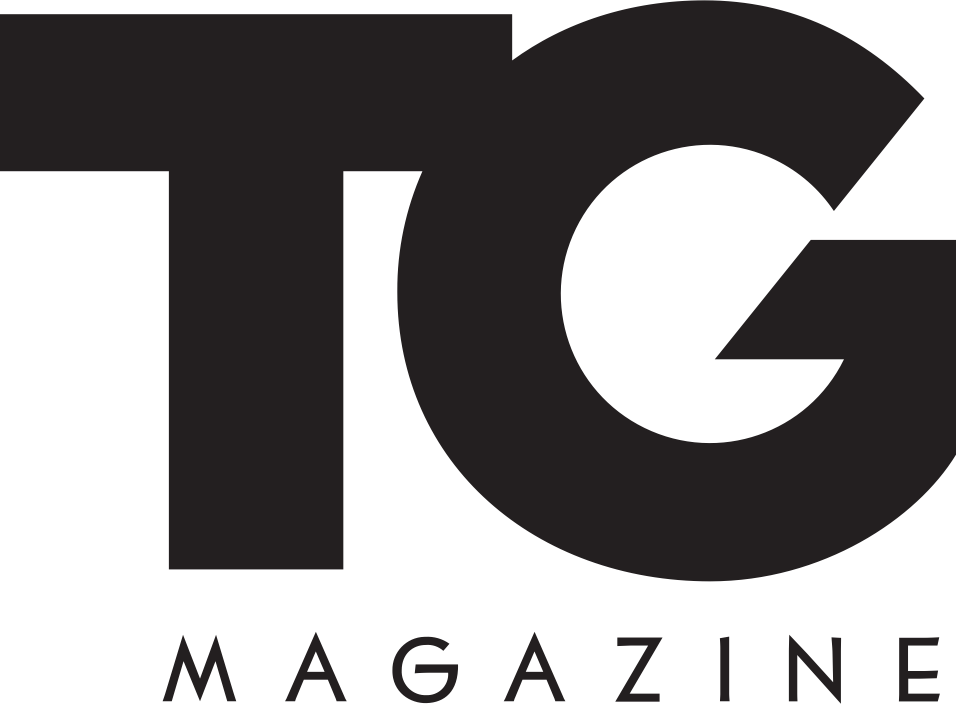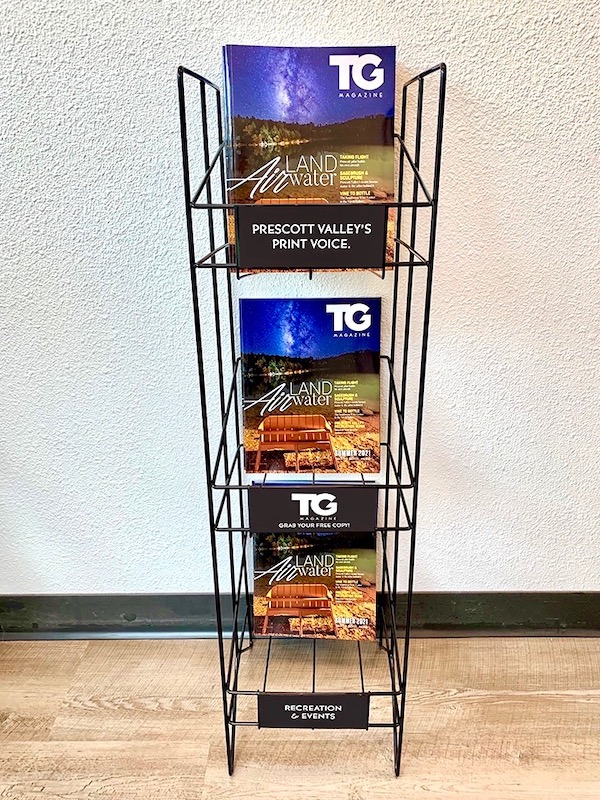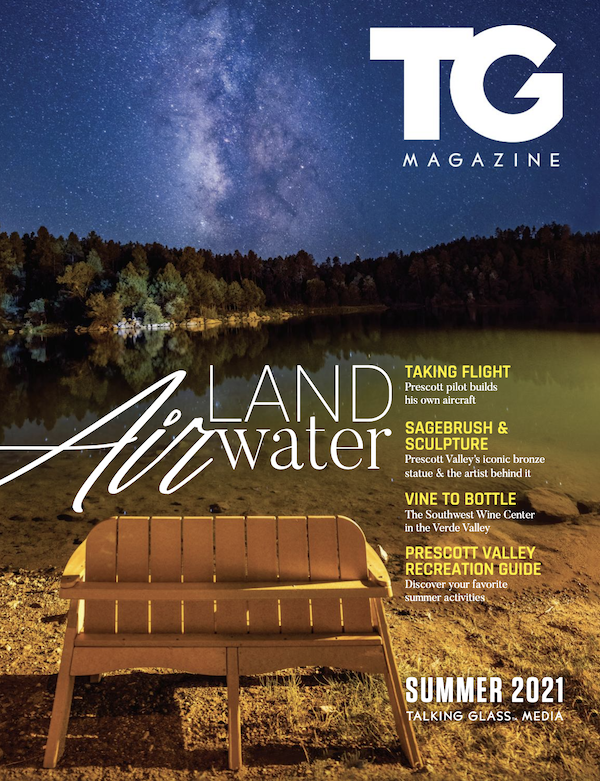
When one door closes, another one opens. That’s how doors work.- Captain Obvious
Yes, the Captain is correct, but that doesn’t mean we don’t experience discomfort or even great pain as some of our doors close in life. The aforementioned quote by Captain Obvious opens the door for much discussion and critical thinking. We all react differently to change, or perhaps when referring to recent COVID events, trauma. People have lost jobs and businesses. Relationships have become strained. More significantly, some of us have lost loved ones. Being presented with the unknown on a daily basis can test even the most resilient minds and spirits. Whether you think this COVID phenomenon is over politicized and represents government overreach, or you think this is a pandemic requiring strong action by both government and citizen alike, doesn’t matter. All of our planning vaporized over-night. There is nobody to turn to. We have all been commissioned to survive in this boat together. Yes, commissioned. If we don’t find a way to get paid and survive while rowing this boat together, we die. So how do we deal with it? That takes us back to the Captain.
The Captain’s well-known quote exists because it is true. The notion goes back thousands of years. You can see the spirit of the Captain’s quote throughout both the Bible and Koran. More interestingly, we can see it streaming through Father Time’s jugular vein: Innovation.
For those that are old enough to remember the yellow, green or black telephones that hung on the wall of our kitchen in the 1960’s and 70’s, appreciated Alexander Graham Bell. If you were born after the invention of the cell phone, then the iPhone/Smartphone, no, Steve Jobs did not invent the telephone. It was Alexander Graham Bell. He was an inventor-engineer-educator born in Scotland. He was a teacher of the deaf. It is said that both his mother and wife were deaf and through his research in hearing and speech led him to invent the telephone in 1876. Bell’s invention may have not cured his wife’s and mother’s afflictions, but his efforts to confront the problem through creativity, research, education and hard work created a new world, an endless amount of jobs and new businesses globally. Yes, the world is a better place because of deafness (and teachers!). There are endless examples like Bell throughout history. With challenges and doors closing comes innovation and a better way to live and thrive. Check out pages 15-25 of this edition which highlight innovations that were born from challenge.
When one door closes, another opens; but we often look so long and so regretfully upon the closed door that we do not see the one which has opened for us.’ – Alexander Graham Bell (1847-1922)
Extending on Bell’s innovation is current data showing how our communities are shifting to digital / online platforms for their information and communication needs. The “Go-To Meeting” and “Zoom” calls appear to no longer be the secondary choice, but possibly the first choice going forward out of COVID for both families and businesses to stay connected and informed. Local multi-media websites like SignlasAZ.com are seeing huge surges in readership because of COVID. In fact, sites like SignalsAZ.com even offer text-to-speech services so that readers can now listen to their local stories. As digital media grows during COVID, legacy media like newspapers, magazines and even radio continue to struggle. “From 2008 to 2019, overall newsroom employment in the U.S. dropped by 23%, according to the new analysis. In 2008, there were about 114,000 newsroom employees – reporters, editors, photographers and videographers – in five industries that produce news: newspaper, radio, broadcast television, cable. By 2019, that number had declined to about 88,000, a loss of about 27,000 jobs.” – Elizabeth Grieco, Pew Research, April 20, 2020. Again, as doors close, new ones open.
Finally, there is also research in the outcomes of trauma and stressful events. Psychologists now look for growth after trauma in the following areas:
(1) Appreciation of life;
(2) Relationship with others;
(3) New possibilities in life;
(4) Personal strength;
(5) Spiritual change.
(Source: Richard Tedeschi, PhD, and Lawrence Calhoun, PhD, Journal of Traumatic Stress, 1996).
Sounds like it is possible in many cases to overcome trauma and become a stronger person. Moreover, this makes it a great opportunity for the more resilient to reach out to those having difficulty coping and to become their partners in developing into that person they want to be. What can each of us do to help row the boat? There are a lot of opportunities ahead.
Remember, there’s only one boat, and there can only be one Captain.



